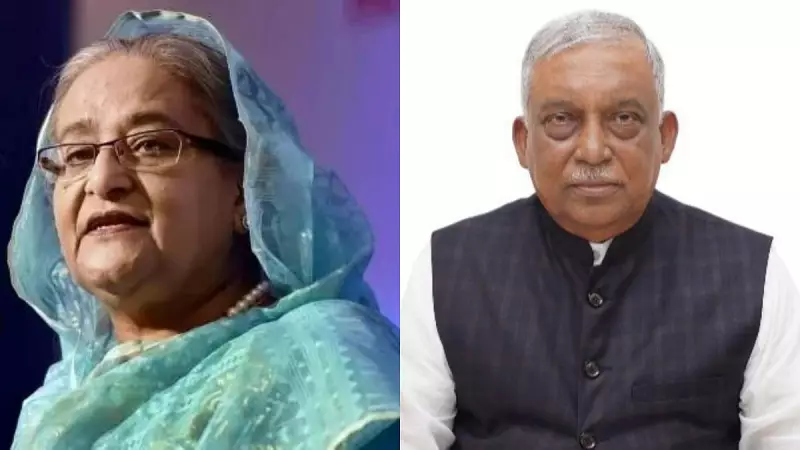
Bangladesh Leader Denounces Death Penalty as Politically Motivated
Bangladeshi Prime Minister Sheikh Hasina has strongly rejected a death sentence handed to her, labeling it a 'biased verdict' while her government has formally renewed requests for her extradition from India. The controversial development has escalated political tensions between the neighboring nations and raised questions about judicial independence in Bangladesh.
Hasina's Allegations Against Interim Government
In a significant accusation, Sheikh Hasina claimed that Islamic extremists within Muhammad Yunus's interim government are actively working to undermine Bangladesh's secular and progressive traditions. She asserted that these elements are using the judicial system to target political opponents and reshape the country's constitutional framework.
The Bangladesh government's renewed extradition request comes amid growing diplomatic pressure. Anirban Bhaumik reported on November 17, 2025, that the situation has created complex challenges for India-Bangladesh relations, with New Delhi facing difficult decisions regarding the extradition of the neighboring country's leader.
Timeline and Political Implications
The death sentence verdict was delivered recently, though specific details about the case remain unclear. What is evident is that Sheikh Hasina has taken a firm stance against what she perceives as judicial overreach influenced by political motivations rather than legal merits.
Political analysts suggest this development could have far-reaching consequences for regional stability. The allegations about Islamic extremists in the interim government raise concerns about Bangladesh's commitment to its secular foundations, which have been a cornerstone of the nation's identity since independence.
As of November 17, 2025, at 16:13 IST, the situation remains fluid with both governments maintaining their positions. India has yet to issue an official response to the extradition request, leaving diplomatic observers watching closely for developments that could redefine South Asian political dynamics.





